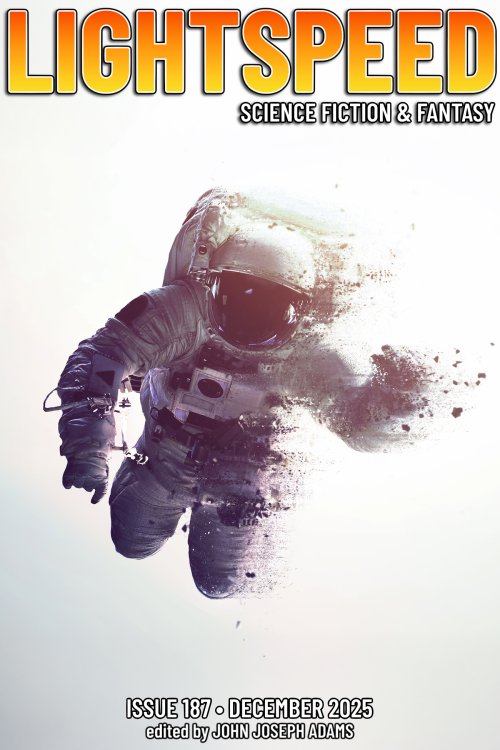Author Spotlight
Author Spotlight: Timothy Mudie
I think that what people find attractive about finding a parallel self is that it gives you an opportunity to see how your life could have gone but didn’t. I assume everyone fantasizes about that sometimes—what your life would be like if you’d chosen a different career or gone to a different school or a million other choices that cascade down to form a completely different life. In the real world, there’s no way to see what would have happened.








